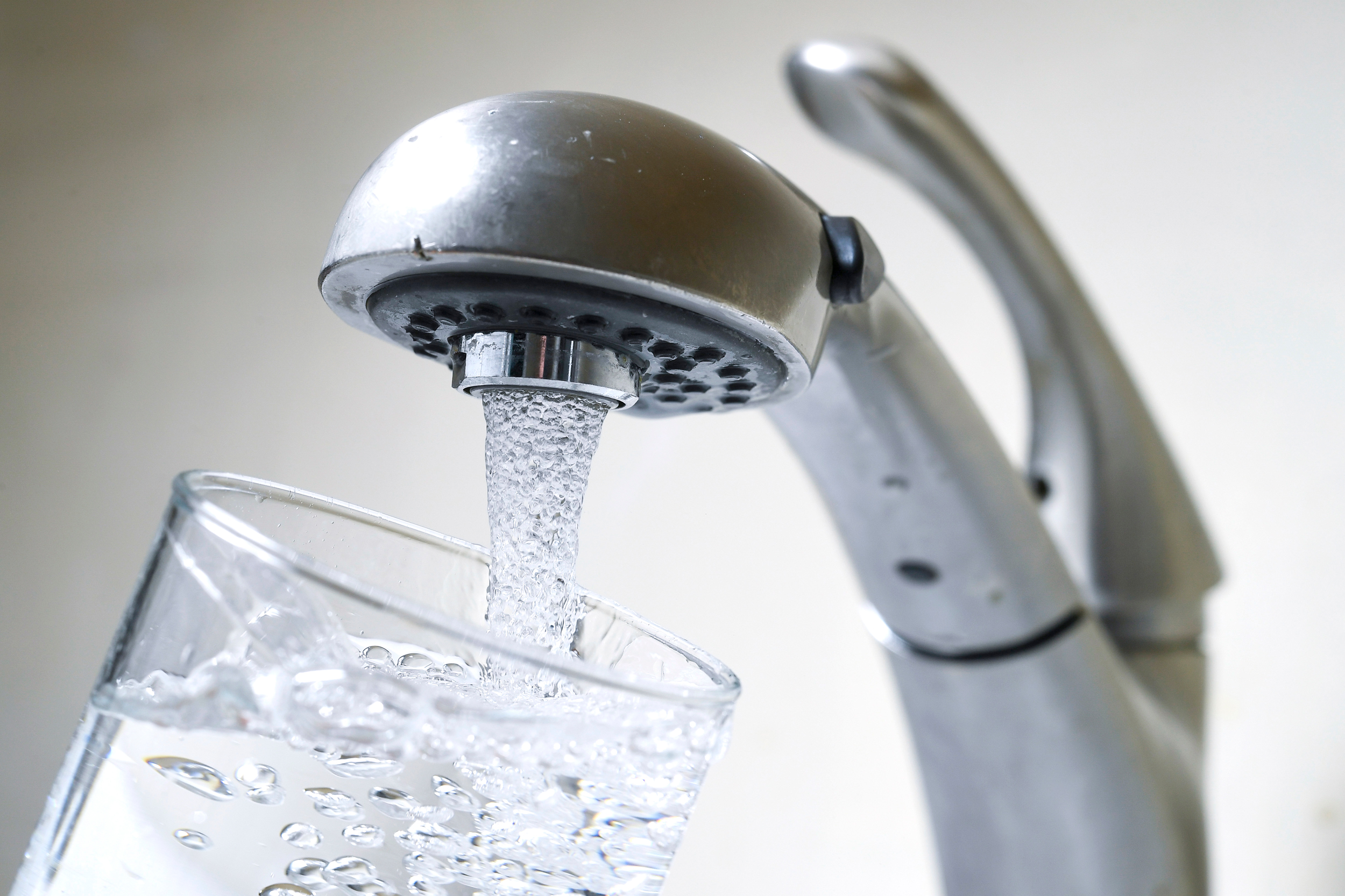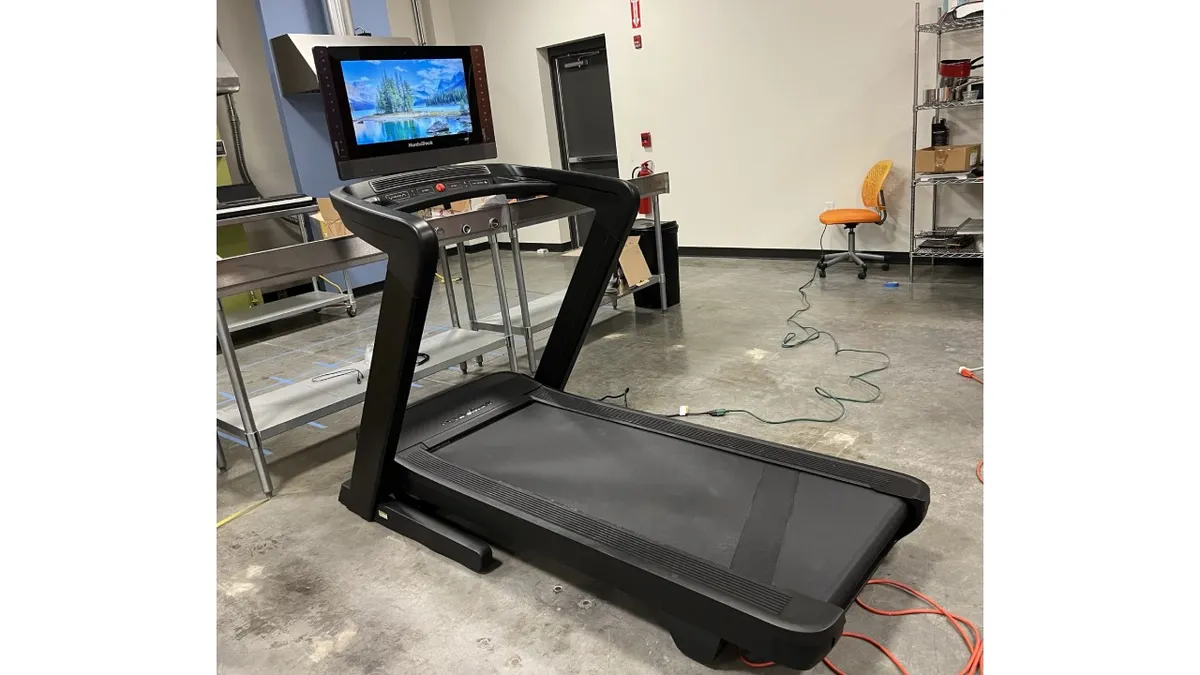Copyright Inside Climate News

Some 60,000 residential water customers in New Jersey will share $4.9 million in the settlement of a lawsuit that charged a water company and a chemical maker with violating a state health limit on the presence of PFOA, a toxic “forever chemical,” in drinking water. Middlesex Water Co. and 3M agreed to settle the class action almost four years after it was filed in New Jersey state court, citing the length of the litigation and the prospect of further costs to both sides should it go to trial. The settlement, announced on Oct. 3, is not a personal injury case but is designed to compensate individual claimants for the cost of buying bottled water, installing filtration or seeing doctors after Middlesex Water Co. told some of its customers in October 2021 that their drinking water exceeded the state’s “maximum contaminant limit” for the chemical. Stephen DeNittis, lead attorney for the class, said the settlement was the largest of its kind in New Jersey, and may be the only case nationwide to win compensation for individuals who incurred out-of-pocket expenses in seeking to avoid drinking water contaminated with a PFAS chemical. “This settlement represents a great recovery for Middlesex Water customers who otherwise would have been forced to bear the expense of paying for consultations with doctors, bottled water, water filters, or similar costs incurred as a result of water quality violations,” DeNittis said in a statement. Mark Cuker, a Pennsylvania attorney who has represented classes of plaintiffs against PFAS manufacturers, said he was unaware of any other class-action suit over PFAS against a water company, and predicted that it could become a template for other communities whose water has been contaminated with the chemicals. “It’s very interesting because there have been many, many public water supplies that have been contaminated with PFAS,” said Cuker, who is not connected to the Middlesex class action. Class members will be awarded up to $2,500 each but some will get much less, depending on their own expenditures to avoid drinking, cooking with or bathing in the contaminated water. The chemicals have been used for their heat-resistant properties in a variety of consumer products including non-stick cookware, carpets and curtains since the 1940s. They have washed into aquifers and contaminated drinking water from which they are now increasingly removed by utilities using carbon filtration. But there is no treatment for removing PFAS chemicals from the human body or the environment, hence their nickname “forever chemicals.” In 2020, New Jersey finalized its limit on the presence of PFOA in drinking water at 14 parts per trillion, at the time one of the strictest limits in the United States. The regulation reflected gathering evidence that PFOA and other “forever chemicals” in the PFAS family were linked to an array of serious illnesses including some cancers, ulcerative colitis, elevated cholesterol, resistance to vaccines and developmental problems in young children. New Jersey’s standards for PFOA and two other kinds of PFAS chemicals were later superseded by even stricter limits from the U.S. Environmental Protection Agency when it set the first national PFAS rules during the administration of former President Joe Biden. But those standards have now been rolled back by the second Trump administration which rescinded the Biden limits on four kinds of the chemicals and extended the compliance deadline for water companies on PFOA and PFOS, two of the most widespread kinds of PFAS chemicals, by two years until 2031. A Middlesex spokesman did not respond to several requests for comment on the settlement. But In 2022, the company attacked the class-action suit, saying that it was not responsible for the PFOA contamination which it said was actually caused by the chemical’s manufacturer, 3M. Middlesex separately sued 3M but settled that suit as part of the new agreement. 3M did not respond to a request for comment. In the summer of 2021, PFOA in Middlesex’s drinking water system serving six New Jersey towns was found as high as 36.1 parts per trillion, well above the official 14 ppt level, and ensuring that an annual average would exceed the state limit, according to a notice sent by the utility to affected customers that year. “People who drink water containing PFOA in excess of the [Maximum contaminant Level] over time could experience problems with their blood serum cholesterol levels, liver, kidney, immune system, or, in males, the reproductive system,” the notice said. “Drinking water containing PFOA in excess of the MCL over time may also increase the risk of testicular and kidney cancer.” For women, the notice warned that exposure to PFOA over time may result in developmental delays in a fetus or an infant, and some delays may persist in older children. The company’s then-CEO, Dennis Doll, acknowledged that PFOA was above the regulatory limit, but he denied that represented a public health emergency, and predicted that the PFOA level would remain at about 20 ppt until a new treatment plant opened in 2023. But shortly afterward, the company obtained drinking water from a new source that complied with the regulation. Barbara Catterall, a resident of Edison, N.J., is one of the class but is expecting to receive only $50 in compensation for her purchase of bottled water after receiving the notice saying her drinking water did not comply with the PFOA rule. Catterall, 80, said $50 may be about equal to the amount she spent on bottled water but stopped buying it before the company restored drinking water that complied with the state standard. Caterall said she had not experienced any health problems from drinking contaminated water but feels trapped by Middlesex because it remains the only source of public water to her townhouse complex. “You are like a captive. This is the water company you have,” she said. “They’ve got you over a barrel. The only alternative is that you’d just have to keep buying bottled water.”



